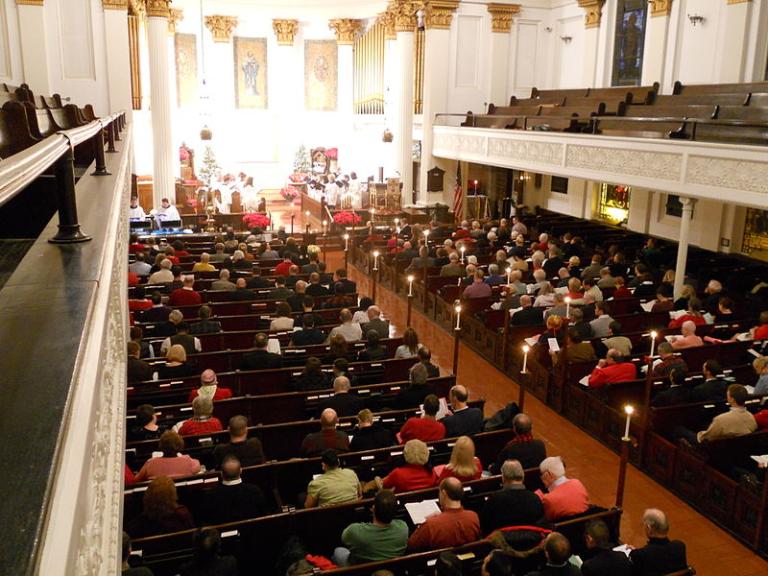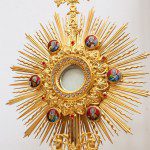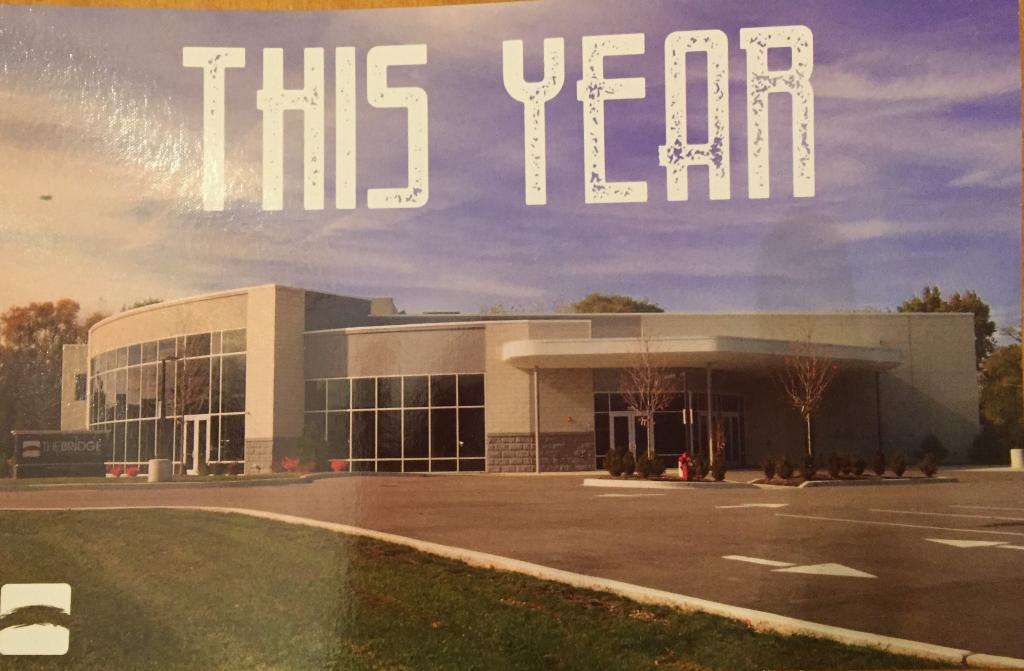Who are the God-Fearers, you ask?
Let’s rephrase that as, “who were the God-Fearers?” — because this dates back to the ancient Roman Empire.
Here’s Wikipedia:
God-fearers (Koinē Greek: φοβούμενοι τὸν Θεόν, phoboumenoi ton Theon)[1] or God-worshippers (Koinē Greek: θεοσεβεῖς, Theosebeis)[1] were a numerous class of Gentile sympathizers to Hellenistic Judaism that existed in the Greco-Roman world,[2][3][4][5] which observed certain Jewish religious rites and traditions without becoming full converts to Judaism.[1][2][3][5][6][7][8]
The overall story here is that as Jews migrated to cities outside Judea in the 1st through 3rd centuries AD, Judaism was appealing to many gentiles/pagans, that is, believers in the traditional polytheistic Greek/Roman religion who were attracted by the monotheism and the moral code of Judaism but who did not want to fully convert because that entailed circumcision and required the complete observance of all of the Laws of Moses.
According to “Gentiles, God-Fearers and Proselytes,” by David Sim, via Google Books (a footnote in the Wikipedia article), the God-Fearers were considered to be a part of the local Jewish community to at least the extent that monuments listing donors included these individuals as a subcategory. They were also permitted to remain in that status indefinitely. In the end, though, these half-converts to Judaism ended up, by and large, as full-converts to Christianity, especially after the Apostles sorted out the initial questions of whether Jewish observances were required of Gentile converts.
And while this bit of history is interesting in its own right, I also find myself wondering whether this God-Fearer status (which I suppose in today’s terminology we might call “seekers”) could exist now.
Let’s imagine, for the sake of argument, that there had been no Reformation, so that an individual who rejected certain teachings didn’t have an alternative in choosing from a dozen Protestant churches nearby? Or let’s consider someone who, in fact, feels more at home in a Catholic liturgy, despite those disagreements?
Could such an individual be welcomed? Could we as Catholics do that welcoming without abandoning our beliefs?
This is what I’m not sure of: the culture at large has now created a belief that there is no half-in, that to be welcomed means to have all ones’ beliefs affirmed. I do not know whether “half-in” “God-Fearer” status is anything any such individual would accept.
But beyond that, the other practical difficulty is that communion in a Catholic church is reserved for those in a state of grace and who have observed a Eucharistic Fast. Back in a pre-Vatican II world, to my understanding, that meant not having eaten since the night before, and the threshold for “state of grace” was enough higher than now that it was expected that you needed to have gone to confession the day before, so that it was relatively common for even reasonably observant Catholics to stay in the pews at communion-time. It is also the case that non-Catholics ought not receive communion but it is my understanding that it is increasing common in practice for this prohibition to be brushed off. And because not-receiving-communion just isn’t on anyone’s radar any longer, we get homilies that preach about communion, taking it for granted that everyone present will be receiving (which, yes, cause me to cringe each time I’m there with my husband).
So in a way it seems like it’s possible to describe an idealized future state, in which “God-Fearers” who are drawn to Catholic worship by the liturgy and by church teaching but cannot accept the moral teachings in full, are accepted with the understanding that they are continuing to pray about it, and are ministered to without affirming those disagreements, and in which enough people stay in the pews at communion time that no one feels weird about it, and maybe there’s an acknowledgement that people could refrain for varied reasons without judgement and with an invitation to prayer instead, perhaps with prayer cards. But I don’t know how we, as a church, could get from here to there, when “everyone receives communion at every mass” has become our post-Vatican II norm.














